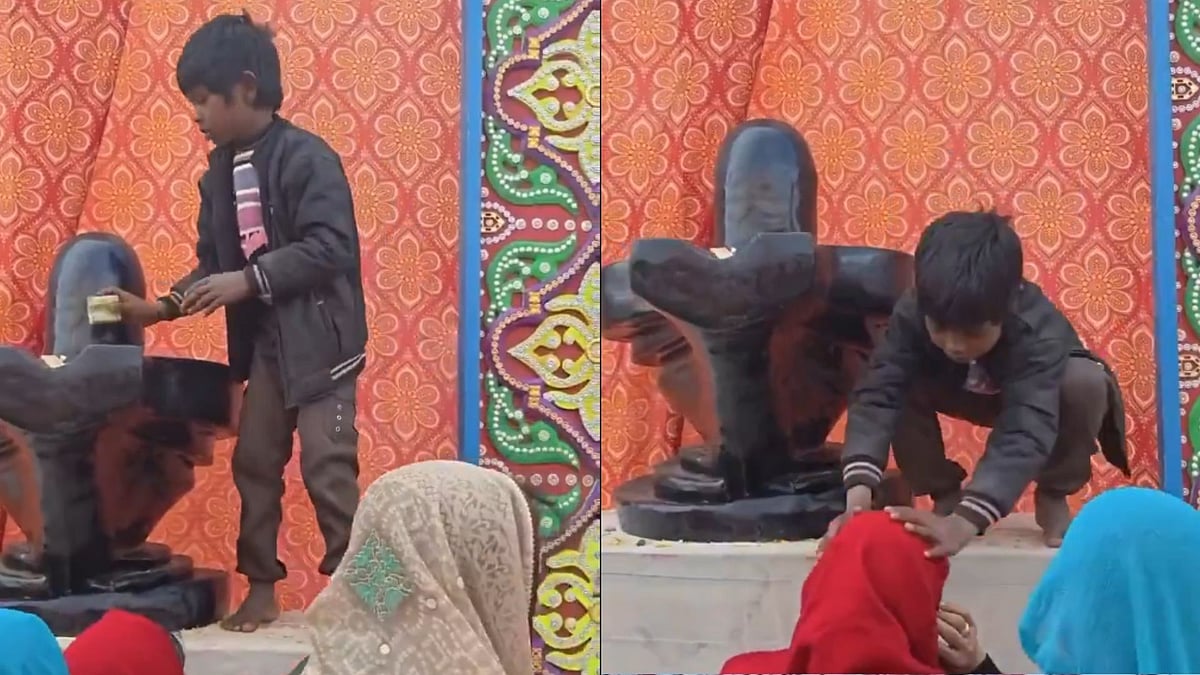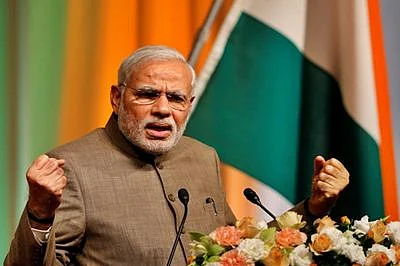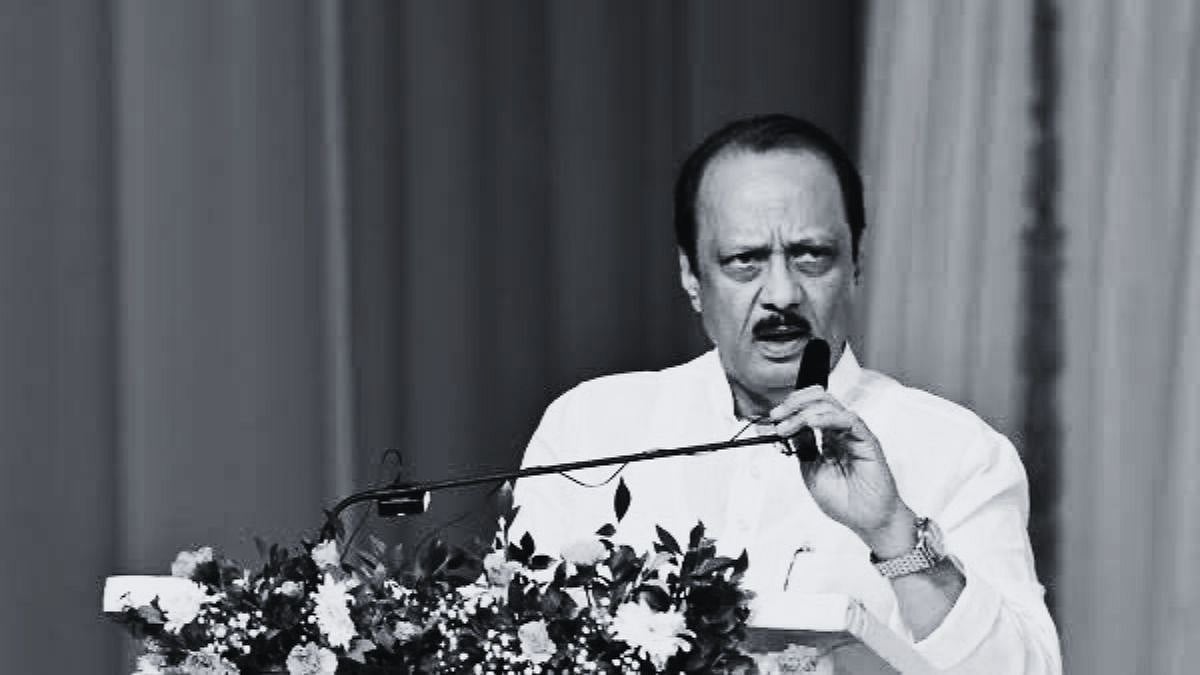“The only way to deal with an unfree world is to become so absolutely free that your very existence is an act of rebellion.”
–Albert Camus, The Rebel, 1951
This year's Nobel laureate in Literature Peter Handke of Austria recently said that today's world needs rebellious thoughts, and who can be more rebellious than Albert Camus (1913-1960)? Increasing religiosity across the globe, violence, social and racial discrimination, a pervert notion of nationalism (esp. in the context of Indian society), sectarianism, dissent and all the malicious practices that have plagued the mankind can find their solutions in Camus' works, be it “The Plague”, “The Myth of Sisyphus”, “The Fall”, “ The Rebel”, “A happy death”, “The Guest” or his scores of essays like “The Reflections on the Guillotine”.
Camus was an existentialist who never believed in god and man-made faith/s. In a letter to Jean Paul Sartre, the 30-year-old Camus envisaged like a prophet in 1943 that after half a century, the world's biggest headaches would be god/s and religions. Here's the translation of that French letter into English by Conrad Walsh: “Mankind is fast degenerating into a cesspool of religions and their gods. What we're creating, will soon swallow the whole world. A human can be completely free when he's beyond all faiths and gods. LET FAITH NOT BECOME THE FATE OF MANKIND (he wrote the whole line in upper case). Today, unfortunately faith has become mankind's fate and it'll worsen further. We're killing each other in the name of a god or gods who we created in a state of ignorance aeons ago but despite a semblance of some sense with the passage of time, we still stick to them.” Truly prophetic words of a prophetic writer, who could visualise fifty years ago that we'd be in the quagmire of religions and gods in the new millennium. And we're in!
In his book “The First Man” (published posthumously in 1971), Camus urged the New Man of the Millennium to become so FREE as not to be encumbered by any social or state decree. He wrote: “The times to come will expect a Man who would have no ideological moorings, no country, no state, not even a home (because a home is a sign of complacency) to call the whole world as his home.”
It was Camus who declared in L'envers et L'endroit (Betwixt and Between, 1937) that “Spirituality is but a euphemism for religiosity”. Completely against gurudom (babadom in Indian context), Camus thundered, “Man needs no guru, master or leader. He's guru of his own self.” He believed that mankind's collective belief in all esoteric things and phenomena is inimical to a natural progress, evolution and (human) development.
Camus was dead against the false morality and called it (morality) the 'deadwood of humanity' (The Adulterous woman).
Having studied Buddhism's Shoonyavaad and Nihilism, Camus was the greatest exponent of the validity of the moment one's in. The Upanishadic 'Kashnvaad' found an expression through Camus' profound works. It must be mentioned that the Urdu poet Sahir Ludhianavi was very fond of the great French existentialist. Camus' momentarism (kshanvaad; the sole validity of a given moment) inspired Sahir to pen, ‘Ik pal ki palak par hai thahari hui ye duniya/Ik pal ke jhapakne tak har khel suhana hai’ (The world is precariously placed on the eyelid of a moment/everything appears so beautiful till it blinks).
In his 47 years on earth, Camus waged a crusade against five things: God, religion, nation, faux morality and capital punishment.
His 'Reflections on the Guillotine' (1959) is an essay that must be taught at all schools, colleges and varsities in the world. Throughout his life, he argued against the significance of death rap and fought tooth and nail to abolish it from all countries. "The State is supposed to project its subjects. How can it (State) eliminate its subject/s?' Camus wondered in " Reflections on the Guillotine." Humanity's deep-seated sadism and voyeurism come to the fore through our macabre desire to execute a human.
Today's god and religion-oriented world can literally take a leaf out of Camus' books. To be a good human being, one needs no religion and belief in a concocted entity, called god. His own ethical life is a clinching proof that to be a nice human, belief in god, religion and any kind of spirituality is absolutely unnecessary.
What Sartre and Camus believed about nationalism as a modern form of tribalism or troglodytism is all the more relevant in today's India where nationalism has become a badge of showmanship and false pride.
Camus' relevance will keep increasing in these ghettoised times because man will sooner or later realise his folly and understand that beyond individualistic existence, all other things are redundant and superfluous. Mull over his famous line in 'Between Hell & Reason' : ' I love humans because they've the potential to be humane.' Camus' audacious faith in humanity and love for the mankind make him a benign philosopher who didn't believe in living in an ivory tower. Sartre read the obituary on the death of his friend and fellow existentialist Camus: He (Camus) never sat on the highest pedestal, rather preferred to alight from there to mix up with all. This allness paved the way for the oneness and demolished the walls of otherness. Camus was the philosopher of the proletariat. So very true. In these turbulent times, more than ever do we need to study and follow Camus' edifying philosophy and his humanitarian approach to man and his numerous existential conundrums. To study Camus is to study life and all its facets. Humankind's estranged humanity can be retrieved through Camus' philosophy.










